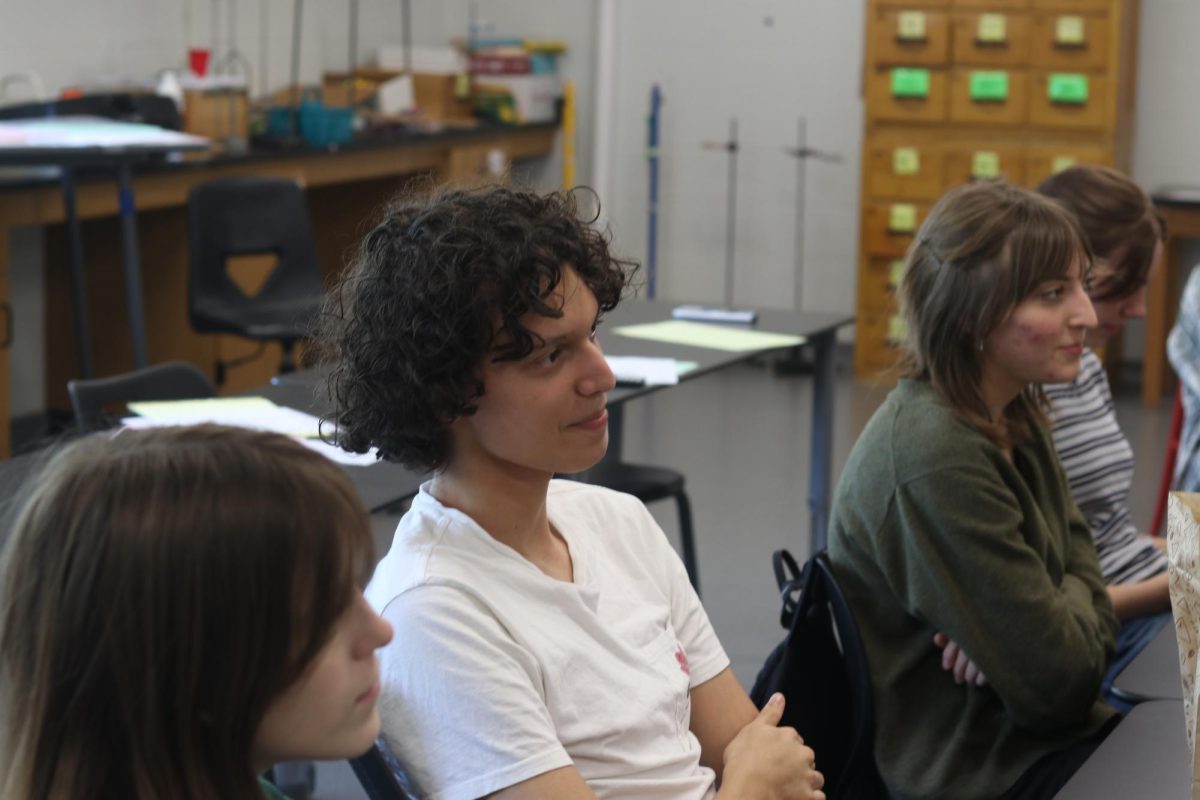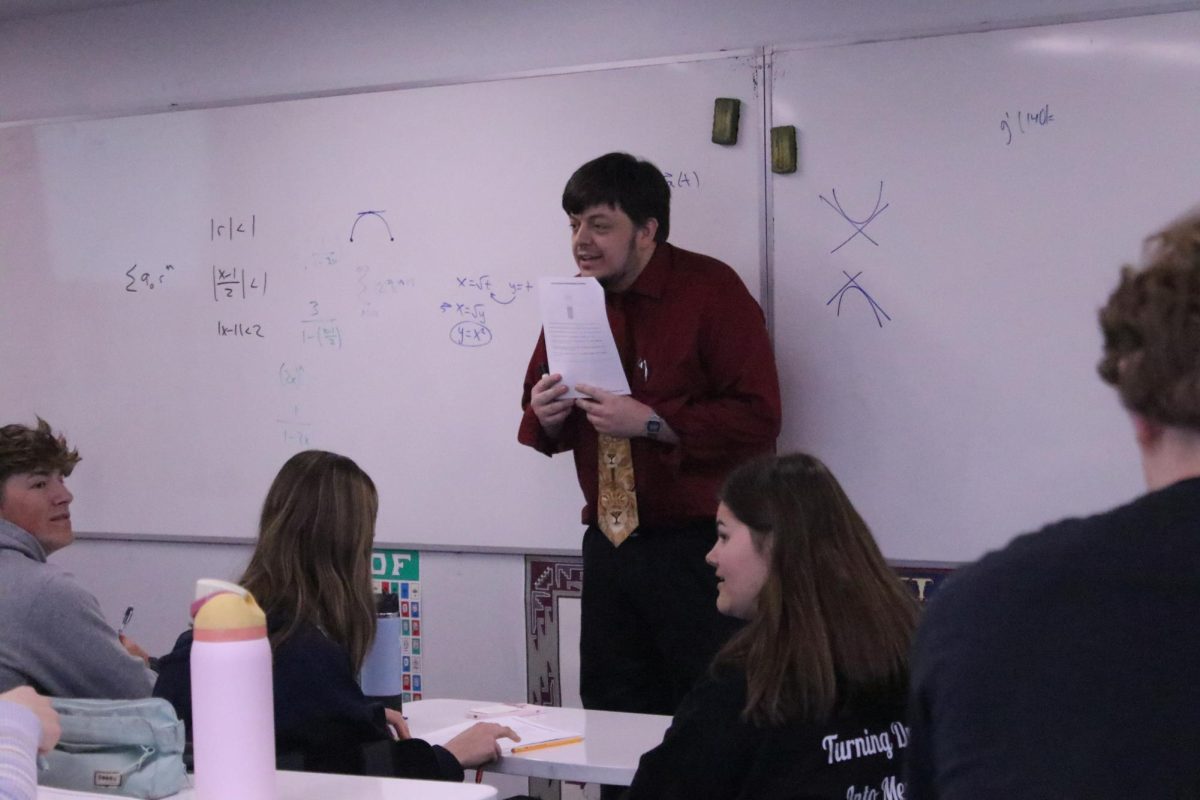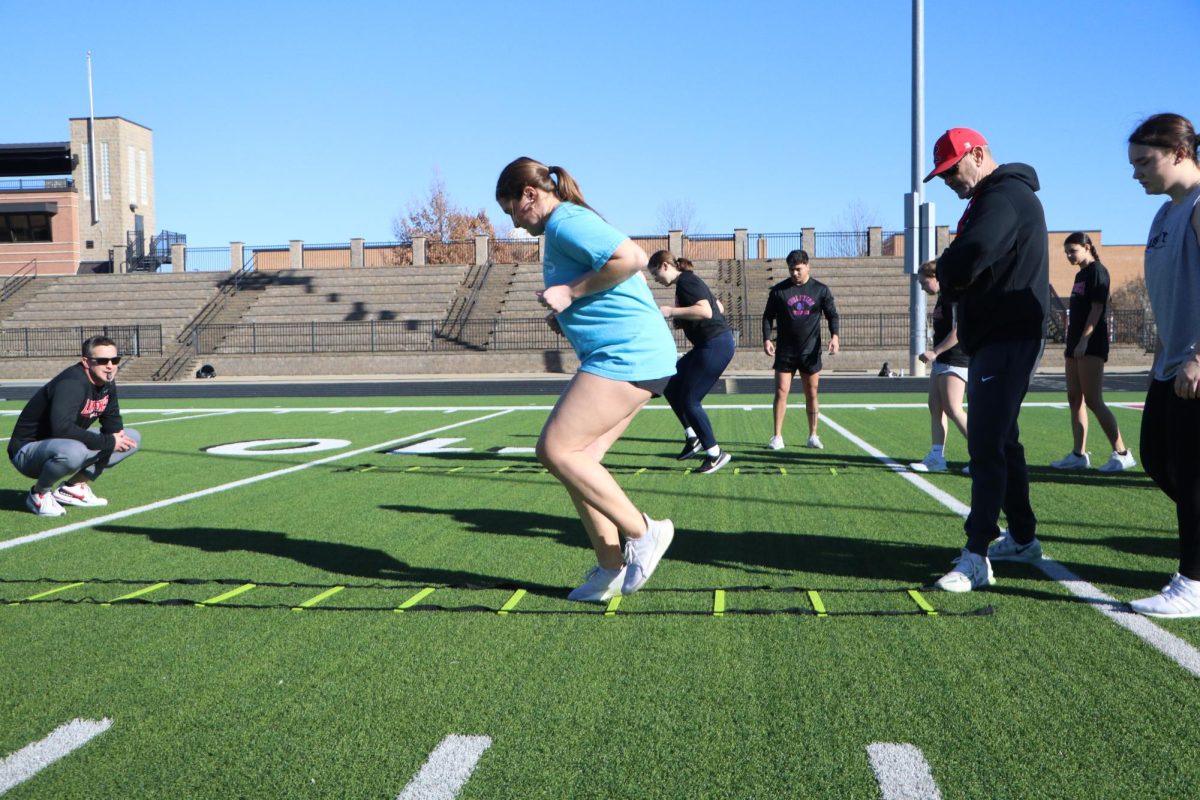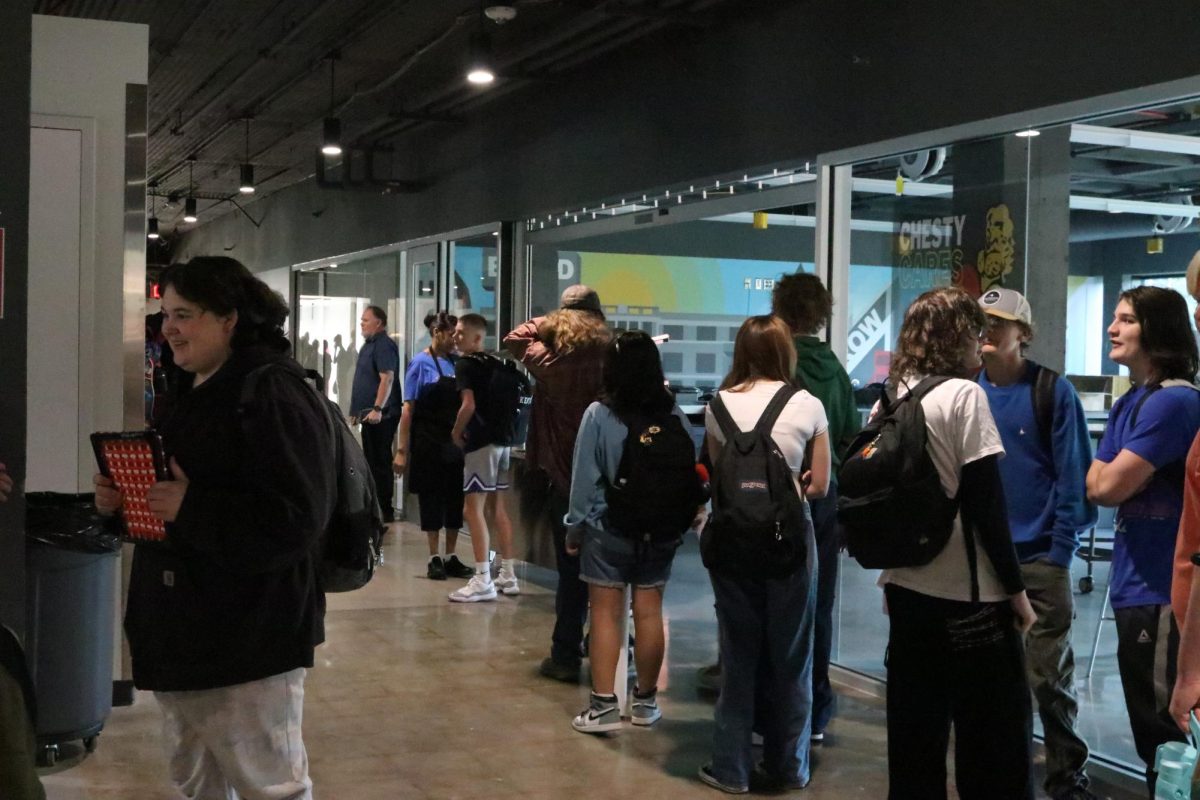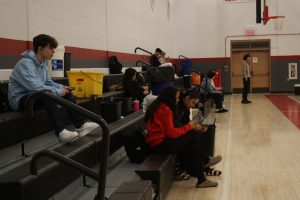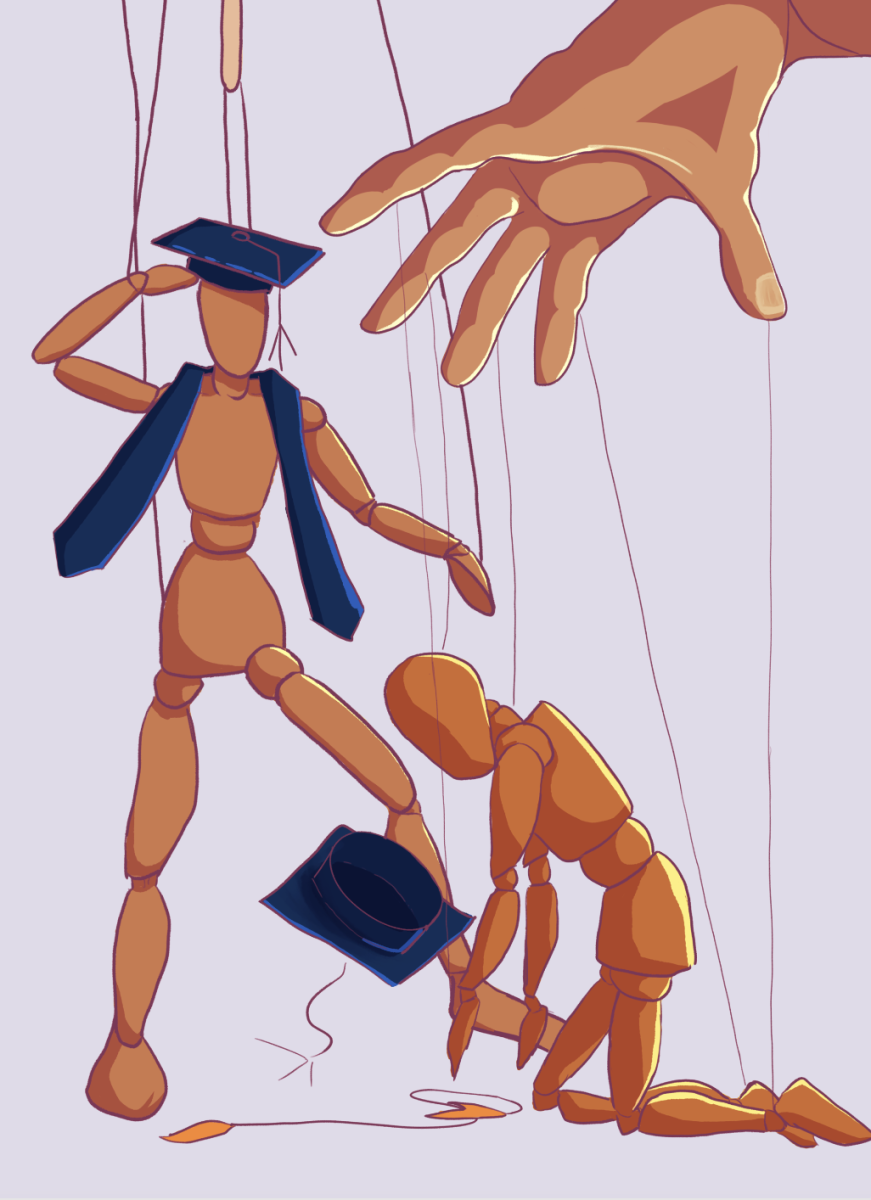Students applying to elite colleges this year are doing so with new rules to play by.
This summer, the Supreme Court on a 6-3 vote overturned a policy that had been in place for decades known as affirmative action.
Affirmative action policies had worked to provide more equitable opportunities for underrepresented people in the higher education system in order to establish a more balanced and diverse community. However, the Supreme Court’s ruling in cases against Harvard University and the University of North Carolina has undone this action. The court stated that colleges can no longer take race into account when considering admission.
While Affirmative Action has been challenged before, many people, including junior Sylvia Oparaji feel the reason for the decision is due to recent political shifts toward a more conservative court.
“The political climate in this country recently has become really hostile,” Oparaji said. “I think problems that have been fixed in the past are just becoming undone because political parties are changing.”
One of the court’s arguments against affirmative action was that it perpetuates racial bias, but Oparji believes thinks that these accommodations are necessary to combat the racism that still exists in society.
“The reason why it was passed in the first place was because of systemic racism,” Oparaji said. “Getting rid of it under the guise of equal opportunity and things like that is not really true because all races don’t start on the same level, so it really is important to have that kind of thing just to raise every person up to the same level.”
This ruling has the potential to change the makeup of colleges across the nation, but its effects will be most visible in prestigious or Ivy League institutions. Senior Brendan Symons says this is something colleges need to consider.
“I think that private institutions should have the ability to build their own class,” Symons said. “And sure, in a perfect world, we wouldn’t need affirmative action, but we don’t live in a perfect world.”
Along with the other challenges presented by the repeal of affirmative action in college admissions, counselor Amy Brown said this ruling will make it harder to be honest on applications.
“I think people are going to be afraid to put their race on the application, and I think that people are going to be less than honest on their applications,” Brown said. “I think that puts a hindrance in place where it maybe shouldn’t have been to begin with, but it is going to create people who cheat and lie and create backdoor ways to get to where they want to go.”
Not only could this affect what students put on their applications, but it could shift what colleges will look for while choosing applicants, and Oparaji anticipates this could shift focus from personal experience to standardized testing.
“There’s more disadvantages for those who can’t afford for example, ACT prep, or test prep in general or college application fees,” Oparaji said. “I am not a master test taker and getting a tutor for that is really expensive.”
There are still many unanswered questions about how these changes will impact students, and Brown is worried that this could take away opportunities from students of color.
“I’ve had many students ask me what to do or talk to me directly about it,” Brown said. “There has been discussions about are they going to be able to get in and is this going to be an impediment that wouldn’t have existed a year ago? How do we help students deal with that?”
While many people fear the outcome of the end of affirmative action, senior Marcus Souders is optimistic about other resources colleges can provide for minorities.
“I question how much racial statistics are going to change,” Souders said. “The Supreme Court kind of left it open-ended saying that colleges can ask for underrepresented minorities to talk about their experiences, which is going to, I think, bypass the ruling.”
It is impossible to know how largely this is going to affect the nation’s college admissions. Symons says this is an example of how important it is for young adults to actively participate in the voting process.
“We only have 20% percent of young people who are actually going out to vote,” Symons said. “But then when there’s decisions like this that are actively impacting young people, those numbers should be much higher.”



